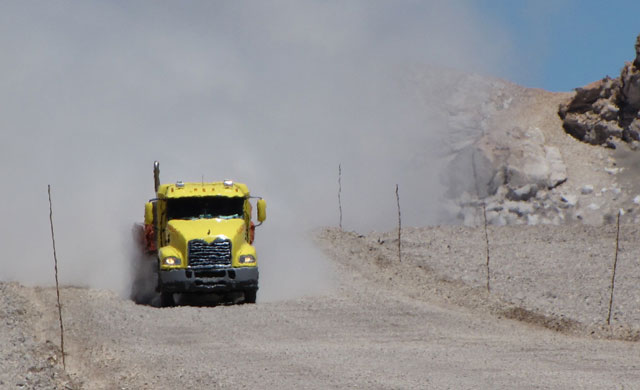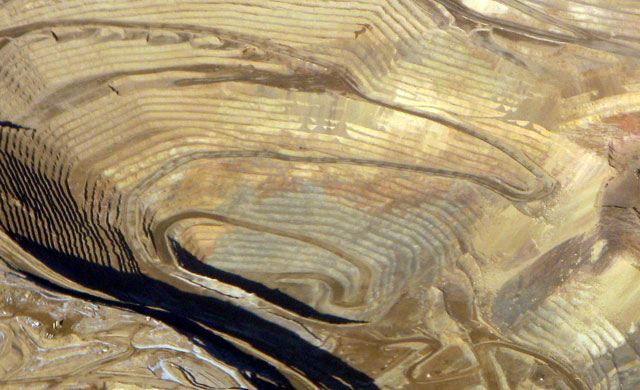I first bought Wynnstay Group shares (LSE:WYN – not Wynnstay Properties) a year ago at 317.4p. They have since reported robust results in the face of both Brexit and Covid. The impressive profits history and the strong strategic and financial position they enjoy in the post-Brexit world serving farmers and other rural folk means I have confidence that this business will continue to grow steadily. So, I’ve bought a lot more shares at 340.5p for my Modified price earnings ratio portfolio. (Market capitalisation of Wynnstay at my buying price: £3.405 x 19.95 shares = £67.9m)
Wynnstay was set up 100 years ago as a farmer’s cooperative to supply items such as feeds, fertilisers and seeds. It still has 3,000 farmer shareholders, but is now on AIM with many other shareholders
Its shares have dropped from over £6.60 since early 2017 on fear of Brexit decimating farming. In previous newsletters (see 22nd – 30th July 2019 and 10th – 16th January 2020) I expressed my reasons for thinking that UK politicians – and European politicians for that matter – would not let UK agriculture suffer in the brave new world they were creating and thus the share price decline was overdone, especially in light of the fact that Wynnstay gains more profit from retailing to the general public (as well as farmers) from its 54 country supply stores than it does from delivering bulk items to the farm gate.
A new dawn
Fortunately, there is renewed hope in the land, and Wynnstay’s directors are optimistic that farm investment will recommence. According to Wynnstay’s directors UK food producers now have the ability to seek new markets for agricultural products and the UK Agriculture Bill will result in a more resilient agricultural sector.
It expects to benefit from its role in supporting farmers focusing on environmental investment and efficiencies (it has a lot of experts advising farmers as well as selling them bulk items): “We therefore view medium and long-term prospects for our industry positively…We see a significant role for Wynnstay in supporting farmers with products and services to help drive sustainability and greater efficiency as well as to reduce carbon emissions, including the management of farm waste.” (2020 Annual Report)
Already things are improving: “The new financial year [starting 1st November] has started well. Stronger farmgate prices towards the end of 2020, along with the EU settlement and UK Agricultural Bill, have helped to buoy sentiment across the farming sector. Wynnstay’s performance to date is in line with management expectations, and we believe that our strong financial position and balanced business model puts us in an excellent position to make good progress over the coming year and beyond. We look to the future with confidence.” (2020 Annual Report)
Analyst’s expectations (only one analyst): EPS: 2021: 33.8p, 2022: 34.18p
Dividends: 2021: 15.15p, 2022: 15.8p
We have here a well-managed company with a sound business strategy, loyal customers, diversified product line/customer groups, strong finances and a history of good earnings relative to the current share price.
Oh, and a nice 4% dividend yield – and the directors are in the habit of lifting the dividend every year (for 17 years in a row).
Short note on changes in farm subsidies
While the UK government has “guaranteed” the current annual budget to farmers in every year of the current parliament, the basis on which the money flows to farmers will change. Currently, farmers receive most of their money as “direct payment”, which means so much dosh per acre of land used, the exact amount depending on the specific use.
The UK government will increasingly switch to “public money for public goods”. For farmers to draw subsidies they will have to farm is such a way that “protects and enhances our natural environment and safeguards animal welfare.” Protecting wildlife habitats and tackling climate change through restoring peat bogs and planting new woodlands comes into the equation.
Short note on exporting to Europe
The continent of Europe is by far UK farmers’ biggest market. Some 31% of UK lamb for example travels abroad, of which 94% is to Europe. The agreement not to impose tariffs or quotas was a great relief to farmers, particular sheep exporters. However, the new checks and paperwork is a hassle with cost implications. But at least the main export market is still there.
History in the data
In twelve years, Wynnstay has steadily grown its revenue to more than double its level in 2009. While earnings per share rose from 26.4p in 2009 to a 39.1p in 2018 they have declined in the last two years – perhaps this understandable in the light of Brexit fear and Covid.
The confidence of directors in both the strength of the balance……………To read more subscribe to my premium newsletter Deep Value Shares – click here http://newsletters.advfn.com/deepvalueshares/subscribe-1


 Hot Features
Hot Features













